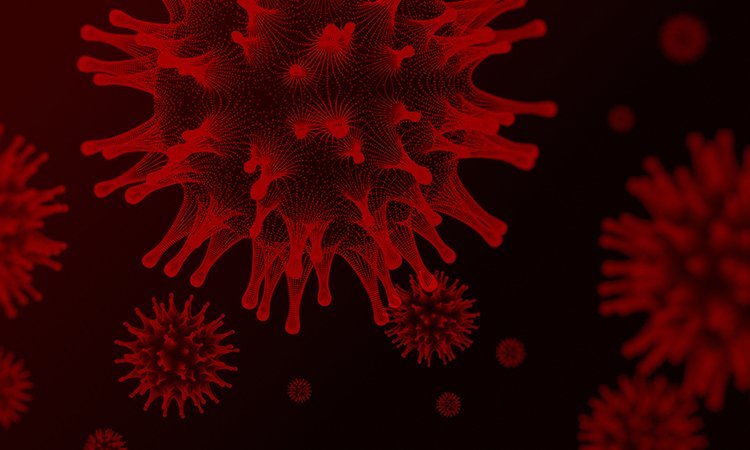Drug screening reveals pralatrexate could be repurposed to treat COVID-19
Posted: 4 January 2021 | Victoria Rees (Drug Target Review) | No comments yet
Computational drug screening has shown that chemotherapy drug pralatrexate could potentially be repurposed to treat COVID-19.


A novel computational drug screening strategy combined with lab experiments has suggested that pralatrexate, a chemotherapy medication originally developed to treat lymphoma, could potentially be repurposed to treat COVID-19.
The study was conducted at the Shenzhen Institutes of Advanced Technology in Shenzhen, China.
According to the researchers, with the COVID-19 pandemic causing illness and death worldwide, better treatments are urgently needed. One shortcut could be to repurpose existing drugs that were originally developed to treat other conditions. They say that computational methods can help identify such drugs by simulating how different drugs would interact with SARS-CoV-2, the virus that causes COVID-19.
To aid virtual screening of existing drugs, the researchers combined multiple computational techniques that simulate drug-virus interactions from different, complimentary perspectives. They used this hybrid approach to screen 1,906 existing drugs for their potential ability to inhibit replication of SARS-CoV-2 by targeting a viral protein called RNA-dependent RNA polymerase (RdRP).
The novel screening approach identified four promising drugs, which were then tested against SARS-CoV-2 in lab experiments. Two of the drugs, pralatrexate and azithromycin, successfully inhibited replication of the virus. Further lab experiments showed that pralatrexate more strongly inhibited viral replication than remdesivir, a drug that is currently used to treat some COVID-19 patients.
The tea say that these findings suggest pralatrexate could potentially be repurposed to treat COVID-19. However, this chemotherapy drug can cause significant side effects and is used for people with terminal lymphoma, so immediate use for COVID-19 patients is not guaranteed.
“We have demonstrated the value of our novel hybrid approach that combines deep-learning technologies with more traditional simulations of molecular dynamics,” said lead researcher Haiping Zhang. He and his colleagues are now developing additional computational methods for generating novel molecular structures that could be developed into new drugs to treat COVID-19.
The study was published in the journal PLOS Computational Biology.
Related topics
Drug Leads, Drug repurposing, Hit-to-Lead, Informatics, Lead Generation, Screening
Related conditions
Covid-19
Related organisations
Shenzhen Institutes of Advanced Technology
Related people
Haiping Zhang


